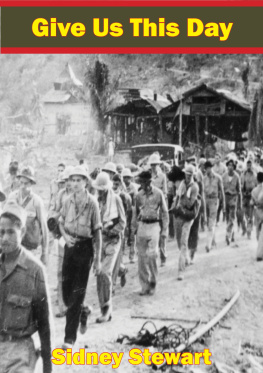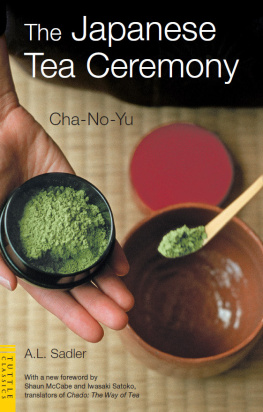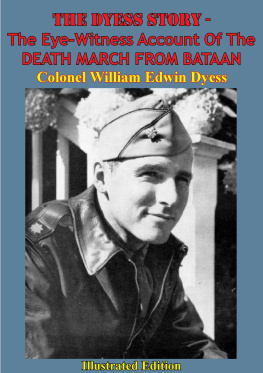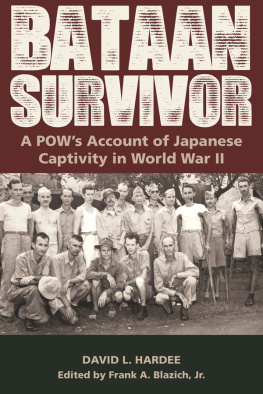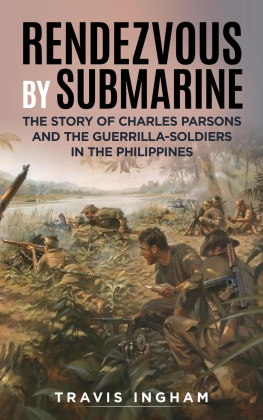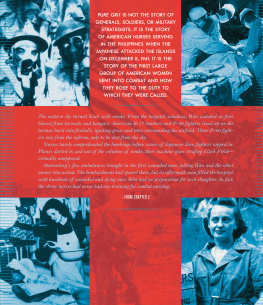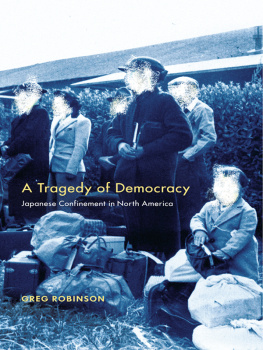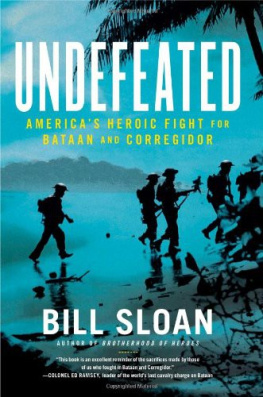

This edition is published by PICKLE PARTNERS PUBLISHINGwww.picklepartnerspublishing.com
To join our mailing list for new titles or for issues with our books picklepublishing@gmail.com
Or on Facebook
Text originally published in 1961 under the same title.
Pickle Partners Publishing 2014, all rights reserved. No part of this publication may be reproduced, stored in a retrieval system or transmitted by any means, electrical, mechanical or otherwise without the written permission of the copyright holder.
Publishers Note
Although in most cases we have retained the Authors original spelling and grammar to authentically reproduce the work of the Author and the original intent of such material, some additional notes and clarifications have been added for the modern readers benefit.
We have also made every effort to include all maps and illustrations of the original edition the limitations of formatting do not allow of including larger maps, we will upload as many of these maps as possible.
GIVE US THIS DAY
BY
SIDNEY STEWART
TABLE OF CONTENTS
Contents
Front Matter
This remarkable and deeply moving book, written by an American and already a best-seller in five European languages, is now published for the first time in the authors native land.
In Give Us This Day a young Oklahoman, a survivor of Bataan, reveals the terrible truth about a little-known aspect of the Pacific war as he experienced it from the beginning in the Philippines. He was a captive of the Japanese for more than three years; he knew one after another all the torments of confinement in conditions of primitive barbarism. True though his story is, it almost defies belief. With touching simplicity he recounts the stark and shocking details of one of the most shameful features of that war the treatment of American soldiers who fell into the hands of the Japanese. At first Stewart hated his captors, but in the end hatred gave place to a dawning comprehension that the Japanese were as different from us as the men of Genghis Khan.
Andr Siegfried of the Acadmie Franaise writes: The plain narration of this story would by itself have been fascinating, but this book is far more than a story, it is a work of art.
And George Slocombe, in the Paris edition of the New York Herald Tribune, says: Sidney Stewarts composed narrative is one of the most noble documents ever penned by a prisoner of war. The companions he writes about remained men to the end, until at last only one man remained; he survived to write this unforgettable, this magnificent story.
1 Manila: December 1941
1
IN THE LAND where dead dreams go lies the city of Manila, as it was before the war. Manila, where the white man didnt work in the afternoon because it was too hot. Manila, with its beauty and its poverty and its orchids at five cents apiece.
What could a soldier do with a handful of orchids if he had no one to give them to? I used to buy those orchids. Id pay my nickel for them and stand there awkwardly holding them in my hand. I would run my finger over the satin petals and then, embarrassed, I would give them to the first little girl I met, because there was something very lonely about buying orchids when you had no one to give them to.
Then one day I stopped thinking about orchids. The ancient Oriental city became like a frightened old woman caught in the centre of a highway crossing. People ran to and fro over the many bridges that span the dirty Pasig River flowing through the heart of Manila. It was so unlike the rivers of my native Oklahoma, where cottonwood trees line the sandy banks and clap their leaves happily in the wind.
The Pasig River swarmed with frightened life. Native women went on beating their clothes on rocks under the lacy fronds of the palm trees, but they never took their eyes from the sky.
Eyes wide with fear, naked little boys sat on rafts of coconuts they were floating to the markets.
Turbaned Moros hurried their majestic stride among the crowds of Japanese, Chinese and Filipinos, all in their native costumes.
Only the little caramotta ponies, that gave the streets the smell of a barnyard, seemed unable to sense the vast urgency of the people. Birds still gossiped in the towering acacia trees, and blind beggars huddled against the old Spanish walls away from the feet of the crowd, crying in plaintive tones for alms.
Japanese planes circled like giant hawks searching for prey.
We crouched down in the damp dirt of a new foxhole. It was noon and the hot sun beat down from overhead. I wondered how I could keep my trousers from getting muddy, and my heavy wash-pan of a helmet flopped loosely, giving me a headache. If only it ached a little more, it might take my mind off the strange fear I had.
The fear had started three hours before, when I heard the blasting announcements about Pearl Harbor. It was a small fear then, like a cobweb that drifts across your face in a darkened room. But now I held my face against my knees, so that my friends would not see the fear written there.
The Japanese planes roared over our heads, and we snuggled closer to the ground, which smelled like a fresh-ploughed field. We are Americans, I thought, proud and sure and free. We had nothing but contempt for the stupid fools blackening the sky. The Japanese must be crazy to attack a city held by Americans.
Ill bet this war wont last three weeks, Rassmussen said beside me.
I wondered if it would last even one. Surely they were only making a sort of last stand. They would rather go down in glorious defeat, because to lose a war that way would be, to the Japanese, a way of saving face.
Oh, I think it will last long enough for us to see some action, Rass:
He smiled as I looked up. He used a characteristic gesture, pushing his straight brown hair back off his damp forehead. His kind brown eyes were serious as we heard a singing sound in the air for the first time. Did he feel deep down, as I did, that little bite of fear?
The deafening roar of explosions split the air. I bit my tongue and hid my face again. I hoped Rass wouldnt despise me if he knew I was afraid. The ground rocked beneath us, shaking as though it had life. But the explosions were a long way off. Down near the port area and along the waterfront. Yet the whining sound of the great missiles as they fell seemed close, as though they were right overhead.
We waited for more explosions but none came. Another man crawled into the foxhole and I looked around.
John Lemke panted for air. An ex-professor, John was brilliant and friendly, but most of all, orderly. His footlocker was always pointed out by the inspecting officers as an example of neatness. He removed his helmet and ran his fingers through his dark wavy hair. His clean-cut features were criss-crossed with worry.
Say, Rass, I laughed. You know what? Johns got the same look on his face my Mom used to get when she figured one of my sisters cats had done something under the divan.
Oh well, when the all-clear sounds hell be above it all! Rass grinned and pushed his hair off his forehead again.
Peons! John did not hide his disgust. I just crawled over here to read my latest from home and to show you something you should have already noticed. He pointed to new private-first-class stripes on his shirt, which was too big for him.
Tell me, Professor, Rass said. Would you say that your education had helped you to get ahead in the army?
John nodded solemnly. I shall wear them as though they were a hair shirt. Then he raised his eyes toward the sky in an attitude of holiness. The mighty shall be brought low, he quoted, especially sergeants like you, Stew. He looked at me and grinned.
Next page
